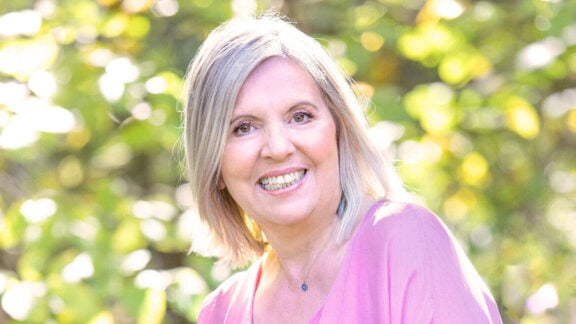With the unbearable cost of living affecting millions of households in Melbourne and inflation at its peak, a growing number of people – including Greek Australians – are being driven to poverty and homelessness.
According to Eleni Andrianakis, who works in the mental health sector, the demand for food banks has increased, with many working citizens now relying on them for meals.
“It’s just getting worse and worse,” said Eleni Andrianakis to Neos Kosmos.
She said, “the issues” faced by vulnerable communities, particularly those experiencing homelessness and unemployment, are “typical.”
“A lot of our clients don’t have MyGov, and they get cut off their Centrelink payments because, they’re not updating themselves with MyGov and then they can’t go into Centrelink because you need an appointment.”
Andrianakis said “our clients aren’t tech-savvy,” and they often “lose their phones,” or have other barriers.
“It’s not like the older days where you go in, you wait, and you get an officer that comes out and sees you and assist you. It’s becoming tougher and I know times need to change.”
Andrianakis said even people from “working households” – including many Greek Australians – are turning to food banks nowadays.
“I have seen, Greeks in their mid-60s and 70s that, say ‘things are tough.'”
She said a woman shared how she relies on food banks as she struggles to make ends meet living on her pension these days.
“She told me, ‘I feel really ashamed because I’ve been here since 1968, and now I have to line up and get a bag of groceries. Half of this I don’t eat…but beggars can’t be choosers.'”
During meetings with community and mental health services, Andrianakis said they discussed how issues have “spread” beyond the CBD to areas like Dandenong, Lilydale, the western suburbs, Tarneit, Melton, Werribee, and Point Cook.
She said more Australians are even turning to shoplifting.

“We’ve had meetings with some supermarkets, and they tell us: ‘We know they are shoplifting, but we let them go…they’re pinching things to eat like soups, deodorant, shampoos, things that they need.’ Once upon a time, they had people stealing razor blades and batteries to sell them.'”
Since the pandemic, mental health issues, substance abuse, and homelessness have increased, but funding to support people has reduced.
The Greek Australian clinician said currently the state government provides “no support at all,” due to “limited funds.”
“There’s only limited services and support that the crisis centres can offer, and their funding is limited as well.”
She said whatever financial aid and assistance they receive comes mainly from community members, churches, and charity organizations.
Andrianakis suggested using “vacant buildings” as part of the solution.
She said along with other “alliances,” they reached out to former Melbourne mayor Sally Capp about the issue and are now trying to arrange a meeting with the current mayor.
They have also discussed with other officials the idea of using vacant buildings in the CBD to provide housing for people in need, including families.
“We need more crisis centres…the Councils do have buildings that they could make into residential units.”
Andrianakis is also part of a team that runs a parenting program at Austin Hospital, supporting new and expectant mothers.
Many of these mothers, she says, are escaping family violence, facing homelessness, or dealing with incarceration.
Andrianakis said people need to “feel secure” especially with the increasing domestic violence cases.
“We can’t just put them in a motel, a room, or a halfway house. There are not enough support services for these clients.”
Andrianakis encouraged people to donate “clothing, nappies,” or “anything” they can.
“We all need to be very mindful and grateful.”
* For more information on how you can help, contact Eleni Andrianakis on 0403 503 678.









